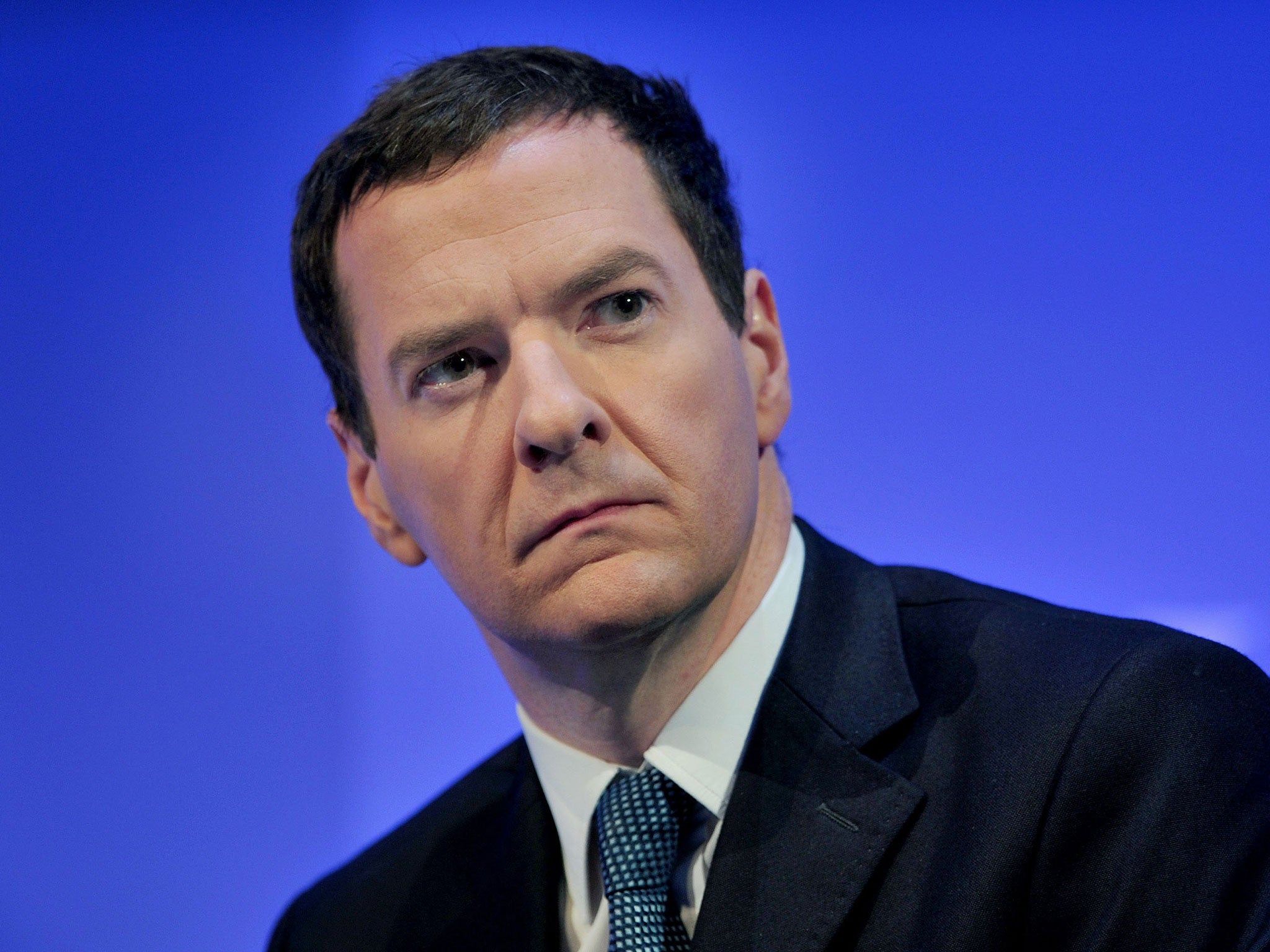Your support helps us to tell the story
From reproductive rights to climate change to Big Tech, The Independent is on the ground when the story is developing. Whether it's investigating the financials of Elon Musk's pro-Trump PAC or producing our latest documentary, 'The A Word', which shines a light on the American women fighting for reproductive rights, we know how important it is to parse out the facts from the messaging.
At such a critical moment in US history, we need reporters on the ground. Your donation allows us to keep sending journalists to speak to both sides of the story.
The Independent is trusted by Americans across the entire political spectrum. And unlike many other quality news outlets, we choose not to lock Americans out of our reporting and analysis with paywalls. We believe quality journalism should be available to everyone, paid for by those who can afford it.
Your support makes all the difference.Britain could be doomed to repeat the same mistakes that caused the 2007 financial crisis because the Government doesn’t fully understand the banking sector’s risks, MPs have said.
A report by the influential Public Administration Select Committee found that Britain’s banks were still “too big to fail” despite a pledge by the Chancellor George Osborne to rebalance the economy.
The MPs say the Treasury has an “urgent gap” in its understanding of what could go wrong in the City.
“[The Committee] has not seen sufficient evidence that HM Treasury has absorbed a key lesson of the 2007-08 financial crash: how best to prepare for a future financial crisis that may occur as a consequence of the interconnectedness of financial uncertainty with wider risks and uncertainties," its members said in a statement.
Mandarins who gave evidence to the committee admitted that there were problems with the department’s understanding of the financial sector’s risks.

Sir Nicholas Macpherson, the Treasury’s top civil servant, told the MPs that officials often had a false sense of control over the financial sector until things actually went wrong.
“Where the Treasury tends to get surprised is with the more peripheral things that it tends to think are all under control but then is appalled to find out it does not have under control at all,” he said.
When asked why the risk of a financial crisis was not included in the Government’s National Risk Register, he replied simply: “You probably have to ask the people who produced the plan.”
The committee’s chair Bernard Jenkin warned that the inability to bail out Britain’s bankers a second time – due to a lack of funds – could have catastrophic consequences.
“We did not find evidence that Government and the City are actively practising and exercising for this worst case scenario [of bank failure],” the Conservative MP said.
“The Treasury has done a lot, but there is more to be done to be ready for another financial crisis. We still have institutions which are ‘too big to fail’ but with so much national borrowing capacity used up, they may prove ‘too big to save’ if it happens again,” he said.
The 2007 financial crisis triggered a recession that caused a dramatic and unusually long-lasting fall in economic output, a steep rise in the government's deficit levels and a fall in the UK's productivity.
When the Coalition came to power in 2010 it criticised the UK’s “unstable and unbalanced model of economic growth” and pledged to reform the financial sector.
By 2013, however, the former governor of the Bank of England Mervyn King had accused the Chancellor George Osborne of lobbying on behalf of banks to water down regulations.
In an interview with the Financial Times last week Mr Osborne admitted he had made a mistake by not restructuring the Royal Bank of Scotland as soon as the Coalition came to power. He said he now wanted to privatise the bank as quickly as possible.

Join our commenting forum
Join thought-provoking conversations, follow other Independent readers and see their replies
Comments